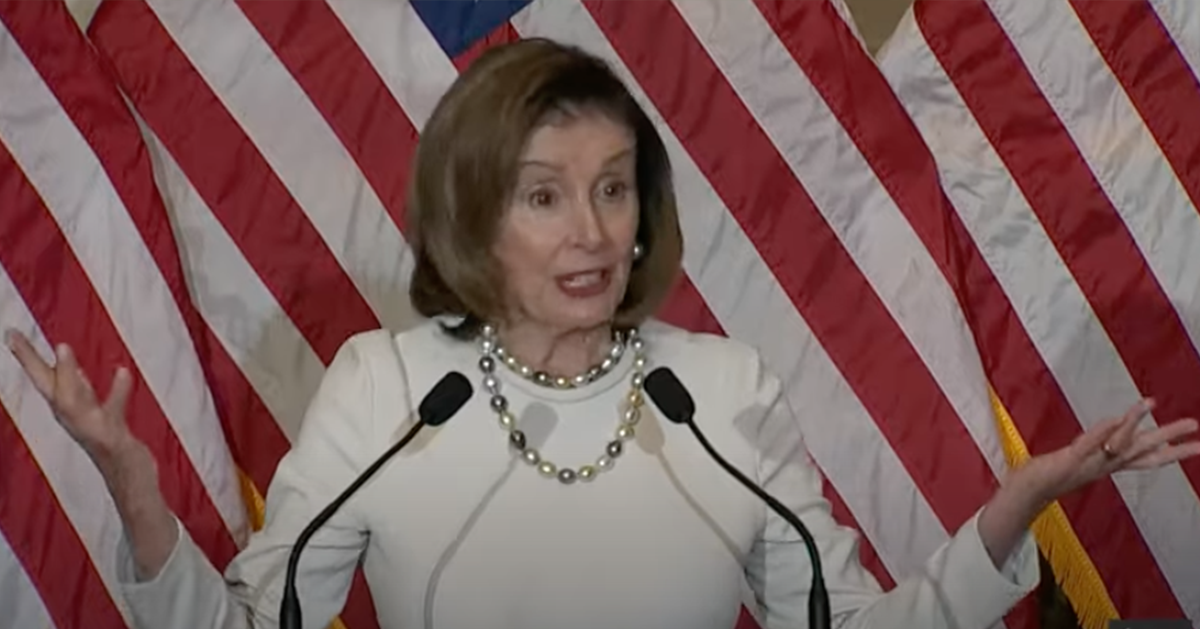Columbia University’s Minouche Shafik Steps Down in Wake of Campus Unrest
Columbia University President Minouche Shafik announced her immediate resignation on Wednesday, citing mounting pressure and unrest on campus as the primary reasons for her decision.
Shafik's departure comes in the wake of months-long protests sparked by the Israel-Hamas war, which have led to significant turmoil within the university community, and it marks a pivotal moment for Columbia University, which has been grappling with internal conflicts and external scrutiny over its handling of the protests, as ABC News reports.
The situation escalated in April when demonstrations over the war led to property damage, arrests, and widespread criticism of the university's response.
Protests and Backlash Escalate Tensions
The protests, which began in response to the Israel-Hamas conflict, intensified in April. These demonstrations quickly became a flashpoint on campus, leading to arrests and significant property damage.
The university's handling of the unrest was met with backlash, both from those involved in the protests and from external observers who criticized the administration's approach.
In the aftermath of these events, Shafik faced increasing criticism. The situation reached a critical point in May when the Faculty of Arts and Sciences at Columbia passed a vote of no confidence in her leadership. This vote highlighted the deep divisions within the university and the growing dissatisfaction with Shafik's handling of the crisis.
Leadership Challenges and Congressional Testimony
Shafik's tenure as president had already been challenging before the protests. She made history in 2023 as the first woman and person of color to lead Columbia University. However, her leadership was soon put to the test as the campus became a battleground for ideological conflicts.
In April, during a congressional testimony, Shafik condemned antisemitism and reaffirmed the university's commitment to being a community free from discrimination and hate.
Despite her efforts to navigate the complex situation, the pressures continued to mount. More than 100 pro-Palestinian protesters were arrested the day after her testimony, further escalating tensions on campus.
Shafik Reflects on Her Tenure
In her resignation letter, Shafik expressed deep regret over the difficulties that had arisen during her tenure. "I write with sadness to tell you that I am stepping down as president of Columbia University," she began, acknowledging the toll that the recent events had taken on her and the broader university community.
"It has been difficult to overcome divergent views across our community," Shafik noted, emphasizing the challenges of leading an institution as diverse and complex as Columbia. She added that the stress of the situation had significantly impacted her family, as well as others within the university.
A Shift in Focus and Future Plans
Shafik also reflected on how the events of Oct. 7 had shifted her focus. "But on Oct. 7, the world changed and so did my focus," she stated, hinting at the profound impact that the ongoing global situation had on her decision to step down.
Looking forward, Shafik announced that she plans to return to the U.K. after her resignation. She also revealed that she has been asked by the U.K.'s foreign secretary to chair a review of the government’s approach to international development. This new role marks a significant shift in her career, moving from academia to international policy.
Interim Leadership Announced
In the wake of Shafik's resignation, Columbia University has appointed Dr. Katrina Armstrong, who currently leads the university's medical school and medical center, as the interim president. Armstrong's appointment is intended to provide stability and continuity as the university navigates the challenges ahead.
Shafik's decision to step down now, she explained, was motivated by a desire to allow new leadership to take over before the new term begins. "Over the summer, I have been able to reflect and have decided that my moving on at this point would best enable Columbia to traverse the challenges ahead," Shafik said in her letter.
Conclusion: A Troubled Tenure Comes to an End
Minouche Shafik's resignation as Columbia University president marks the end of a tumultuous chapter in the university's history.
Her tenure, which began with historic milestones, quickly became overshadowed by the challenges of leading a campus deeply divided over international conflicts. The protests, the backlash, and the vote of no confidence all contributed to her decision to step down.
As Shafik prepares to return to the U.K. and take on new challenges, Columbia University faces the task of rebuilding trust and unity under new leadership. Dr. Katrina Armstrong's appointment as interim president signals a fresh start for the university as it seeks to move past the recent turmoil and focus on the future.




